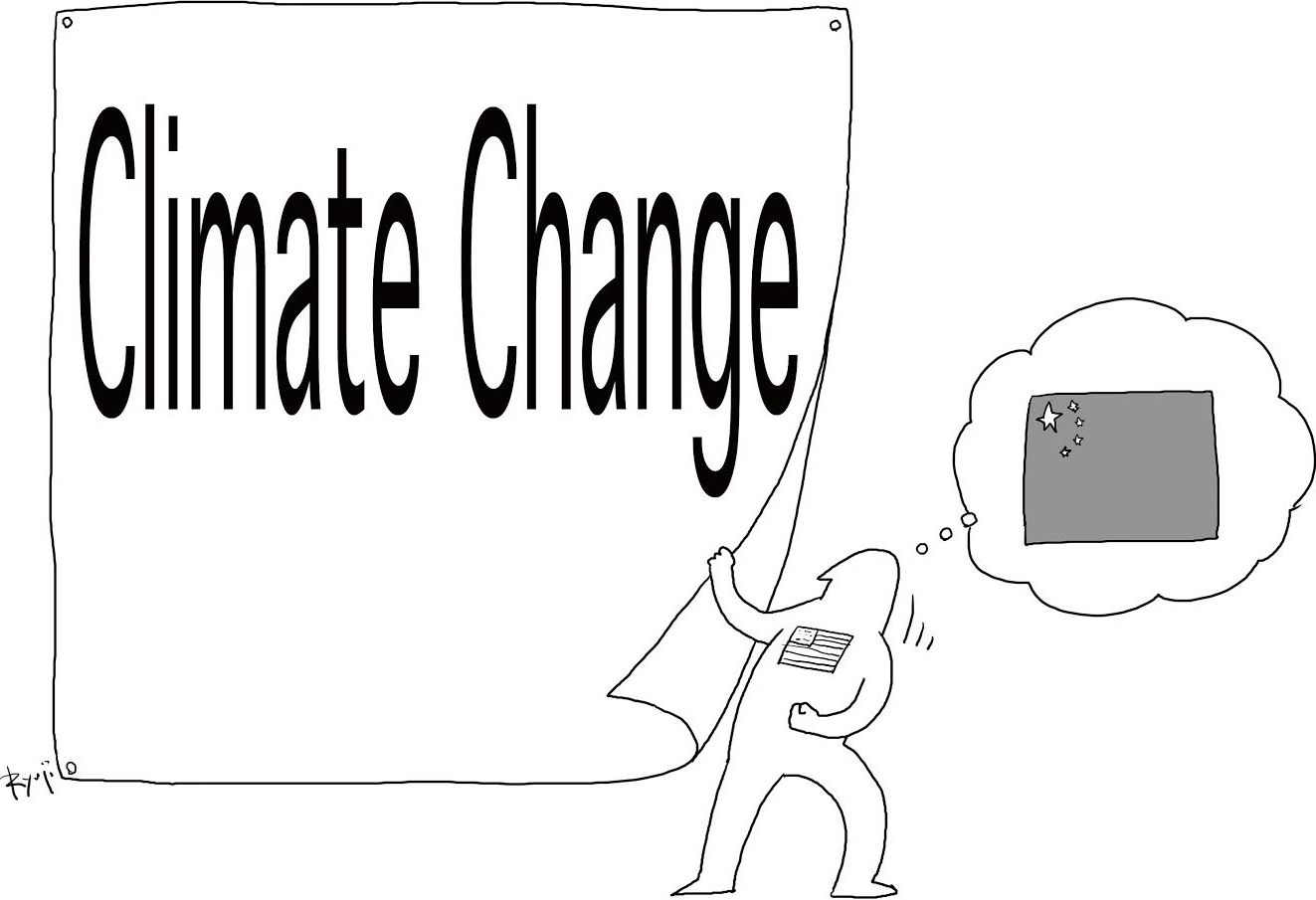The Paris Agreement aimed at combating global warming, which went into effect on Nov. 4, is exposed to the same crisis that beset the Kyoto Protocol adopted at the 3rd United Nations Framework Convention on Climate Change in December 1997.
When the Kyoto Protocol was adopted, the United States was led by the administration of President Bill Clinton. During an opening ceremony of a ministerial meeting held halfway through the Kyoto conference, Vice President Al Gore, taking the podium after Prime Minister Ryutaro Hashimoto, urged the U.S. delegation to take a more flexible course of action on the assumption that the projected protocol would include measures to utilize the market mechanism. This served to clear the way for conclusion of the accord.
What Gore suggested was that the U.S. delegates would be ready to accept a scheme for reducing its average annual greenhouse gas emissions in the 2008-2012 period by 7 percent compared with the 1990 level, on condition that the protocol clearly spelled out introduction of economic measures such as emissions trading, joint implementation and clean development mechanisms to achieve the goals. That way, Gore sent a warning to countries resisting drastic cuts to emissions of global warming gases, including Japan, the host of the conference.



